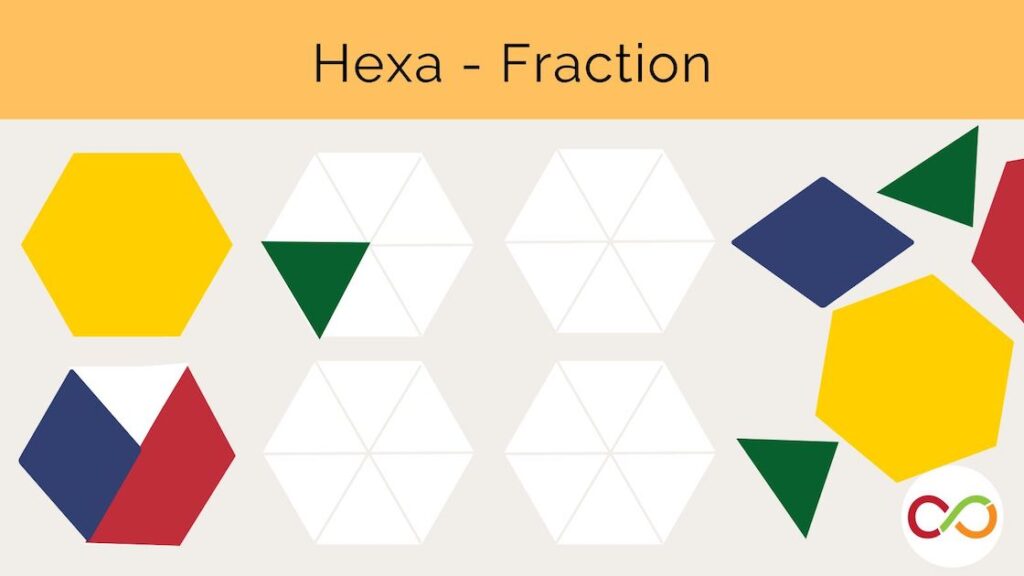
Four years ago, we launched Online Playful Math (OPM) with a simple goal: to make math fun and accessible for kids during the pandemic. Fast forward to today, and the program has grown beyond our expectations. Its popularity reflects the increasing need for high-quality, accessible math enrichment programs, especially for children in historically underserved communities. But what motivates us most is seeing the children who are eager to log in, week after week. It shows us that kids want to engage in math — and will choose to do so when it’s made accessible and it’s fun.
From the start, we designed OPM around game-based learning because we knew it worked. Research backs us up: games give students a safe space to explore, make mistakes, and build confidence. They blend fun with learning, encouraging collaboration and critical thinking. And over the years, parents have told us what we hoped to hear: their kids love the games, but more importantly, they’re starting to love math too.
This feedback has been encouraging, but we wanted to go further. How can we better equip children with critical math skills? How can we measure OPM’s impact to ensure it’s making a difference? And how can we continue developing games we know will benefit children?
To answer these questions, we narrowed our focus to one of the trickiest areas in math: fractions. By zeroing in on this foundational concept, we’ve created new games that target specific fraction skills, and we’re measuring their impact through research. In this blog, we’re excited to share two of those games and how they’re helping students build a strong foundation in math.
A focus on fractions
Fractions are foundational for understanding advanced topics like algebra and proportional reasoning. Yet, for many students, fractions are an ongoing struggle.
Research points to a common culprit: whole number bias—the tendency to apply whole-number logic to fractions. This often leads to confusion in three key areas:
- Fraction Magnitude – Understanding the relative size of fractions.
- Fraction Equivalence – Recognizing that different fractions can represent the same value.
- Fraction Ordinality – Learning to correctly sequence fractions on a number line.
Online Playful Math
OPM began during the early days of the pandemic to provide much-needed math support to children across Ontario. Small groups of 3–5 students meet virtually with trained university instructors to play math games and solve puzzles. The program focuses on making math fun and accessible, helping children develop key skills in a supportive, low-pressure environment.
The Robertson Program is committed to equity and engagement, ensuring that children from diverse and underserved communities have access to high-quality math enrichment. OPM provides a vital resource for students who may otherwise have limited opportunities to explore and enjoy math.
With these challenges in mind, we designed our new fraction games to help students build an intuitive understanding of fraction magnitude, equivalence, and order through interactive online play.
New Games for Fraction Learning
Our team drew from research on teaching fractions and leveraged our expertise in online playful math development to design a new suite of fraction games. The games underwent multiple iterations, with each version tested and refined to ensure they were both effective and enjoyable. The result is a collection of online games, many with multiple levels, that make fraction learning accessible to students at various stages of understanding.
We’ve also adapted these games into the lesson plans linked below, so teachers can try them out in person with their students. For those interested in the online version, we’ve included game files and instructions for using playingcards.io, the platform we use in OPM, to bring these engaging games to life in their own classrooms or homes.
Hexa Fraction
Children practice fraction equivalence and magnitude by filling hexagons with pattern blocks to claim the most spaces.
Fraction Wits & Wagers
Children build a deeper understanding of fraction magnitude and equivalence by placing fractions on a number line and wagering on the most accurate estimates.
Our Research: Measuring Impact
Our research study will help us better understand how OPM is influencing students’ fraction knowledge and their attitudes toward math. Specifically, we’re exploring:
- How well students grasp fraction concepts before and after participating.
- Changes in their confidence and enjoyment of math.
- Opportunities to refine our games for even better learning outcomes.
The results of this research will help us improve the program, refine our games, and ensure they effectively support students in developing critical math skills.
Author

Zachary Pedersen
Robertson Program Manager


